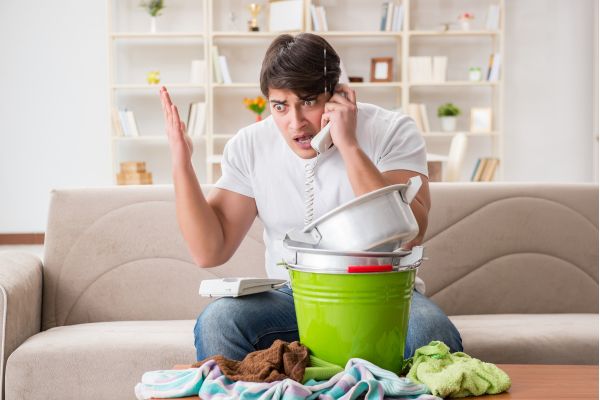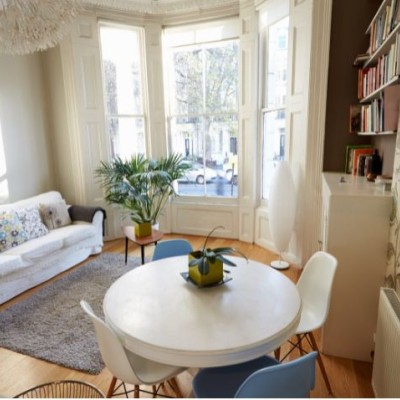Help! What tenants should do in an emergency

No matter how well-maintained your rental home is, there’s always the chance that something could go wrong. It might be an internal emergency, such as a water leak or electrical fire; there may be damage from the elements, e.g. from flying or falling debris during a storm; or the property might suffer third-party damage due to break-in or vandalism.
If there is an emergency, you firstly need to ensure your own safety. Secondly, it’s important from an insurance perspective that you do what you can to minimise the extent and cost of any damage to ensure both you and your landlord are able to make a successful claim where relevant.
So, here are 9 key things to know and do in case of an emergency situation in your rented home:
Put your personal safety first. The first and most important thing to emphasise is that if you feel it’s not safe to be in the property, whatever the reason, leave immediately. Never jeopardise your safety and wellbeing.
If there’s a fire or severe damage to the structure of the property, call the fire service on 999 from a place of safety.
Internal flooding caused by a leak. If water has escaped inside the property, turn off the mains supply at the stopcock and also switch the electricity supply off at the fuse box.
Smell gas? Open the windows, don’t turn on any switches, leave the property and call the National Gas 24-hour emergency line on 0800 111 999.
If there’s been a break in or vandalism, call the police on 101. If you suspect the intruder is still in the property, call 999.

Call your landlord or managing agent to report the emergency.
Take photos of the damage. As long as it’s safe for you to remain in the property, take photos of the damage to the property and any affected contents as early as possible, so there’s a record for insurance purposes.
Do you have contents insurance? Bear in mind that your landlord’s insurance won’t cover your possessions if they’re damaged, so it’s advisable to have your own contents insurance. It also provides cover in case you accidentally cause damage to your landlord’s property. With any insurance policy, there are exclusions and limits to the amount that will be paid out, and there may be an excess to pay, so make sure you check these with your insurer.
Do you need alternative accommodation? If the property is uninhabitable, speak to your landlord to find out whether they have insurance that will cover the cost of being rehoused. Also check your own insurance, as it may cover either your loss of rent or any reasonable extra accommodation expenses incurred until the property is ready to be lived in again.
It’s important to be aware that your landlord is not legally obliged to cover any additional costs you might incur in finding alternative temporary accommodation and they are only required to arrange for alternative accommodation if it’s written in your tenancy agreement.
If you need help finding somewhere to live, speak to your local council housing officer. The council normally has a duty to provide you with emergency accommodation if you’re made homeless by fire and may be able to help you in other emergency situations.
At Bode Insurance Solutions, we offer insurance policies that help protect both landlords and tenants against damage to property and possessions. If you’d like to discuss your situation and requirements, just get in touch with our team and they can make sure you have the right level and type of cover. Call on 01903 890044 or email info@bodeinsurancesolutions.co.uk and we’ll get right back to you.

Contact Us
Got a question, general enquiry or something else?
You may also like
Since we started in 1987 we have grown to one of the UK’s largest property groups, we can save you time and money by offering a range of services and expertise under one roof.



